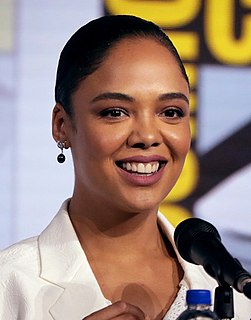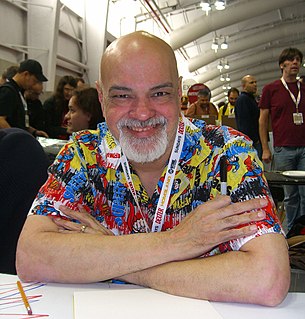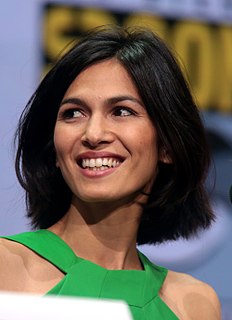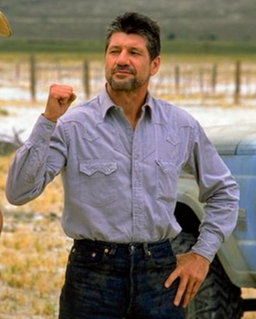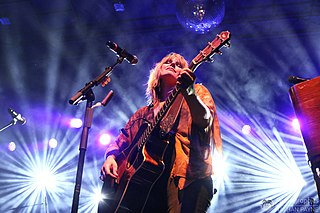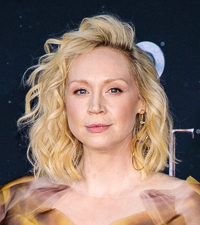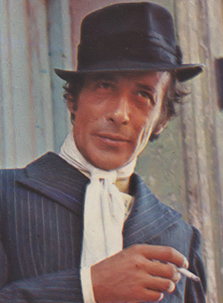A Quote by Tessa Thompson
Oftentimes in films, the female character, if she's not the protagonist - and often, even if she is - feels like an imitation of what a woman is.
Quote Topics
Related Quotes
I like woman who doesn't necessarily care if other people like her. She is she who she is and figures people can take it or leave it. What I do like is a woman who has the guts to tell exactly as she feels. It's not appealing when a woman dresses to please a man. It's way more attractive if she has her own distinct style and wears what she feels best in.
An interesting question that has been recurring is that she appears to have been this delicate woman in all these films, but really she was a woman of substance wasn't she? And I say yes, you don't get to be Audrey Hepburn if you are a sort of 'babe in the woods.' It takes a lot of character, a lot of vision, good boundaries and hard work.
She believes in love and romance. She believes her life is one day going to be transformed into something wonderful and exciting. She has hopes and fears and worries, just like anyone. Sometimes she feels frightened. Sometimes she feels unloved. Sometimes she feels she will never gain approval from those people who are most important to her. But she’s brave and good-hearted and faces her life head-on.
The new female is competent in all that she chooses. She chooses whatever her heart tells her. She can create a business, lead a country, drive a truck, hammer nails, deliver mail, or raise a family. She is at home in every social and physical environment. She can be a housewife, if she chooses. She can be anything else, too. She is intuitive and heart centered. She is all that a female has been, and more.
A woman is often measured by the things she cannot control. She is measured by the way her body curves or doesn't curve, by where she is flat or straight or round. She is measured by 36-24-36 and inches and ages and numbers, by all the outside things that don’t ever add up to who she is on the inside. And so if a woman is to be measured, let her be measured by the things she can control, by who she is and who she is trying to become. Because as every woman knows, measurements are only statistics... and STATISTICS LIE.
The tango is the man and woman in search of each other. It is the search for an embrace, a way to be together, when the man feels that he is a male and the woman feels that she is female, without machismo. She likes to be led; he likes to lead. Disagreements may occur later or they may not. When that moment comes, it is important to have positive and productive dialogue, fifty-fifty. The music arouses and torments, the dance is the coupling of two people defenseless against the world and powerless to change things.
